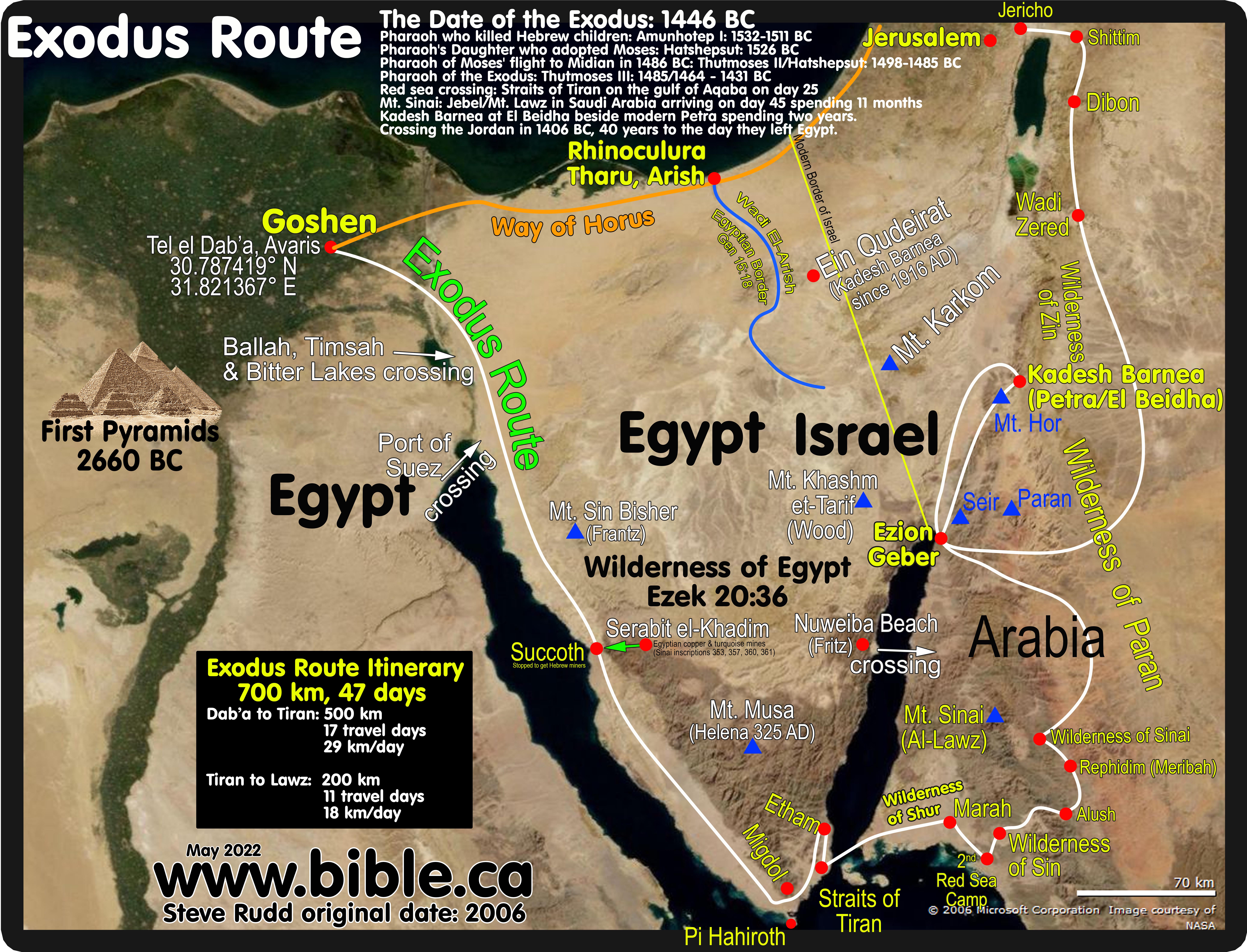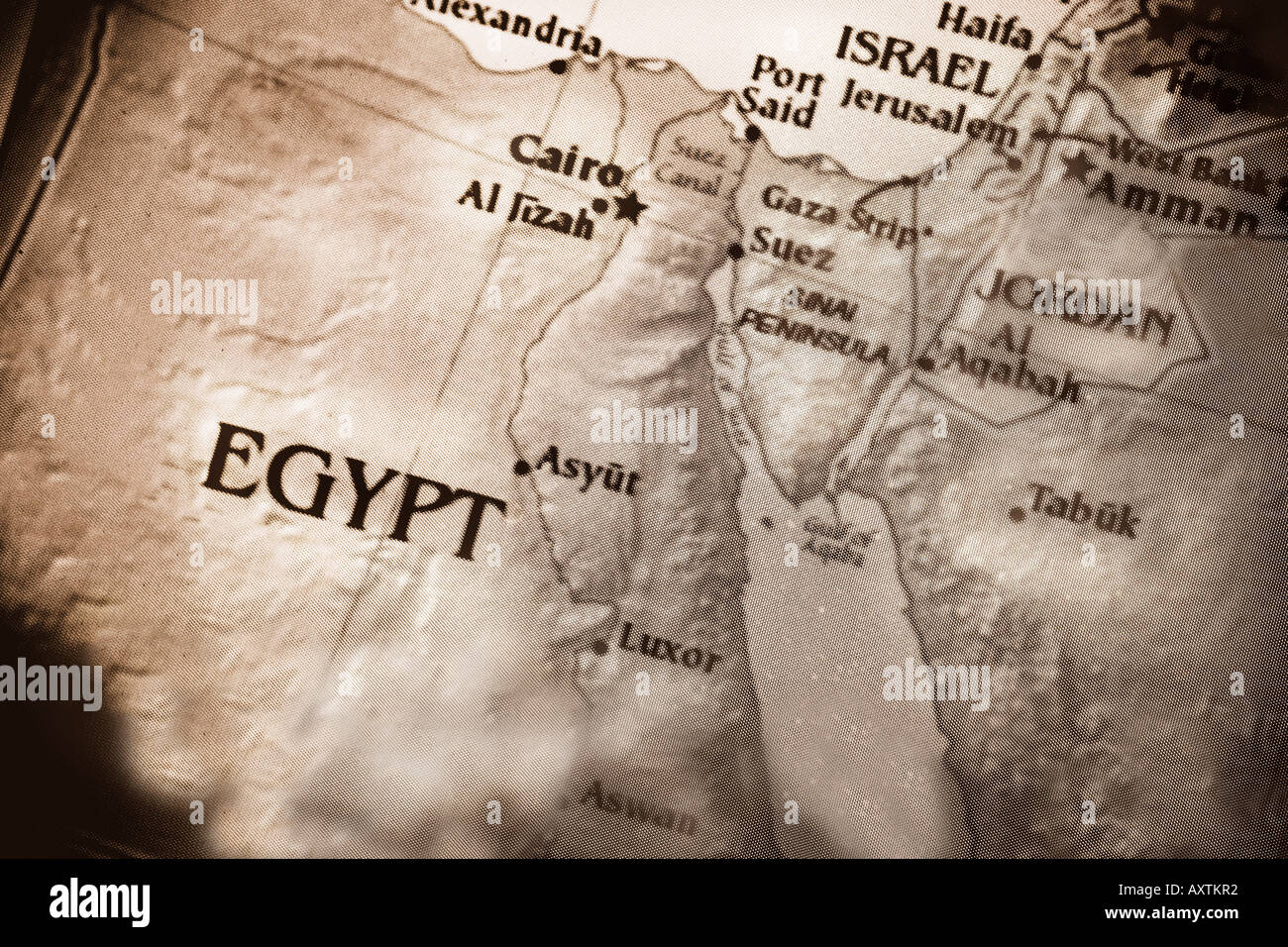The Geopolitical Landscape Of Egypt And Israel: A Map-Based Exploration
The Geopolitical Landscape of Egypt and Israel: A Map-Based Exploration
Related Articles: The Geopolitical Landscape of Egypt and Israel: A Map-Based Exploration
Introduction
With enthusiasm, let’s navigate through the intriguing topic related to The Geopolitical Landscape of Egypt and Israel: A Map-Based Exploration. Let’s weave interesting information and offer fresh perspectives to the readers.
Table of Content
The Geopolitical Landscape of Egypt and Israel: A Map-Based Exploration
The intricate tapestry of the Middle East is woven with a complex history, deeply intertwined with geography. Understanding the relationship between Egypt and Israel, two pivotal nations in this region, necessitates a careful examination of their respective territories and the shared borders that define their interactions. This exploration delves into the physical and political landscapes of Egypt and Israel, highlighting the significance of their geographical connection and its impact on their historical, political, and economic relations.
Mapping the Terrain: A Geographical Overview
Egypt, a vast nation spanning the northeastern corner of Africa, stretches across a diverse range of landscapes. From the fertile Nile Valley, a lifeline of civilization, to the vast, arid expanses of the Sahara Desert, Egypt’s geography is a testament to its rich history and resilience. Israel, a comparatively smaller nation, occupies a unique position in the Middle East, situated on the eastern shore of the Mediterranean Sea. Its diverse landscape encompasses coastal plains, rolling hills, and the arid Negev Desert.
The Sinai Peninsula: A Bridge and a Barrier
The Sinai Peninsula, a triangular landmass strategically positioned between Egypt and Israel, serves as a crucial geographical element shaping their relationship. This region, once a focal point of conflict, has become a symbol of peace and cooperation. The peninsula’s strategic importance stems from its location at the crossroads of Africa, Asia, and Europe, making it a natural gateway between the Mediterranean Sea and the Red Sea.
Shared Borders: A History of Conflict and Cooperation
The border between Egypt and Israel, stretching across the Sinai Peninsula, has witnessed a turbulent past. The 1967 Six-Day War saw Israel capture the Sinai Peninsula from Egypt, leading to a prolonged period of conflict. However, the 1979 Egypt-Israel Peace Treaty marked a turning point, ushering in an era of cooperation and stability. This treaty, the first peace treaty between Israel and an Arab nation, paved the way for the return of the Sinai Peninsula to Egypt and the establishment of diplomatic relations.
A Shared Resource: The Nile River
The Nile River, a vital lifeline for both Egypt and Israel, serves as a source of life, sustenance, and potential conflict. While Egypt relies heavily on the Nile for its agricultural and industrial needs, Israel has also sought to tap into the river’s resources. The issue of water rights has been a point of contention, highlighting the interconnectedness of these two nations and their shared reliance on this vital resource.
Economic Interdependence: A Bridge of Trade and Investment
Despite their historical differences, Egypt and Israel have developed a growing economic relationship, fueled by mutual interests and shared opportunities. Trade and investment have become increasingly important in recent years, fostering economic cooperation and promoting regional stability. This economic interdependence has helped to bridge the historical divides, paving the way for a more collaborative future.
The Impact of Geography on Politics and Security
The geographical relationship between Egypt and Israel has profound implications for their political and security landscapes. The Sinai Peninsula, a strategically vital region, continues to be a point of focus for security concerns. The shared border, once a hotbed of conflict, now serves as a test case for regional stability and cooperation. The ongoing negotiations regarding the Palestinian territories, a matter of great significance to both nations, are further influenced by their geographical proximity and shared interests.
Challenges and Opportunities: Navigating a Complex Relationship
Despite the strides made towards peace and cooperation, the relationship between Egypt and Israel continues to be complex and multifaceted. The Palestinian issue, the ongoing conflict in Gaza, and the rise of extremist ideologies present challenges to regional stability. However, the shared economic interests, the potential for energy cooperation, and the desire for a peaceful future offer opportunities for continued dialogue and collaboration.
FAQs: Unraveling the intricacies of the Egypt-Israel Relationship
Q1: What is the significance of the Sinai Peninsula in the Egypt-Israel relationship?
The Sinai Peninsula is a strategically important region that has played a pivotal role in shaping the relationship between Egypt and Israel. Its strategic location at the crossroads of Africa, Asia, and Europe, along with its natural resources, has made it a focal point of conflict and cooperation. The 1979 peace treaty between Egypt and Israel resulted in the return of the Sinai Peninsula to Egypt, marking a significant step towards regional stability.
Q2: How does the Nile River impact the relationship between Egypt and Israel?
The Nile River is a vital lifeline for both Egypt and Israel, providing essential water resources for agriculture, industry, and human consumption. The issue of water rights, particularly regarding the utilization of the Nile’s resources, has been a point of contention between the two nations. The ongoing negotiations regarding water allocation highlight the shared dependence on this vital resource and the potential for conflict or cooperation.
Q3: What are the key factors driving the economic relationship between Egypt and Israel?
The economic relationship between Egypt and Israel is driven by a combination of factors, including shared interests in trade, investment, and energy cooperation. The strategic location of both countries, their access to key markets, and the potential for joint ventures in infrastructure and technology have fostered a growing economic interdependence. This economic cooperation has helped to bridge historical divides and promote regional stability.
Q4: What are the major challenges facing the Egypt-Israel relationship?
The relationship between Egypt and Israel continues to face numerous challenges, including the ongoing conflict in the Palestinian territories, the rise of extremist ideologies, and the potential for regional instability. The Israeli-Palestinian conflict, in particular, remains a major obstacle to lasting peace and cooperation. Addressing these challenges requires continued dialogue, compromise, and a commitment to peaceful resolution.
Q5: What are the future prospects for the Egypt-Israel relationship?
The future prospects for the Egypt-Israel relationship are intertwined with the broader regional context. The ongoing efforts towards peace and cooperation, the growing economic interdependence, and the shared interest in regional stability offer hope for a more collaborative future. However, the challenges posed by the Israeli-Palestinian conflict, the rise of extremism, and the potential for regional instability must be addressed to ensure a peaceful and prosperous future for both nations.
Tips: Navigating the Complexities of the Egypt-Israel Relationship
- Embrace a nuanced perspective: Recognize the historical, political, and economic complexities that shape the relationship between Egypt and Israel. Avoid simplistic generalizations and strive for a balanced understanding of the various perspectives involved.
- Seek diverse sources of information: Consult a wide range of sources, including academic publications, news articles, and reports from international organizations, to gain a comprehensive understanding of the issues at hand.
- Engage in critical thinking: Analyze the information you gather, identifying biases, assumptions, and potential limitations. Evaluate the credibility of sources and the validity of arguments presented.
- Foster empathy and understanding: Approach the subject with an open mind and a willingness to understand the perspectives of both Egyptians and Israelis. Recognize the shared humanity and the common aspirations for peace and prosperity.
- Support initiatives promoting peace and cooperation: Encourage dialogue, diplomacy, and collaborative efforts aimed at resolving conflicts and building a more peaceful and secure future for the region.
Conclusion: A Complex Relationship with Potential for Progress
The map of Egypt and Israel, with its shared borders, strategic locations, and intertwined histories, reflects the complexity and potential of their relationship. While the past has been marked by conflict and tension, the present offers an opportunity for cooperation and progress. The shared economic interests, the potential for energy collaboration, and the desire for a peaceful future provide a foundation for building a more stable and prosperous region. Understanding the geographical, historical, and political nuances of this relationship is crucial for navigating the challenges and harnessing the opportunities that lie ahead.








Closure
Thus, we hope this article has provided valuable insights into The Geopolitical Landscape of Egypt and Israel: A Map-Based Exploration. We hope you find this article informative and beneficial. See you in our next article!